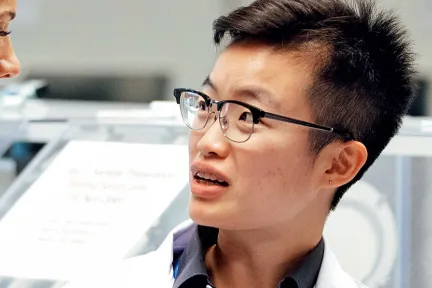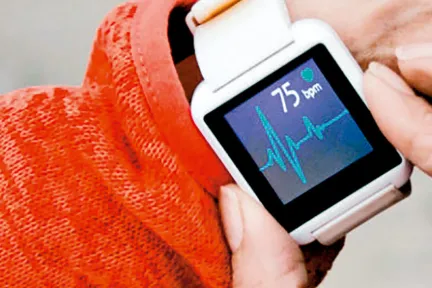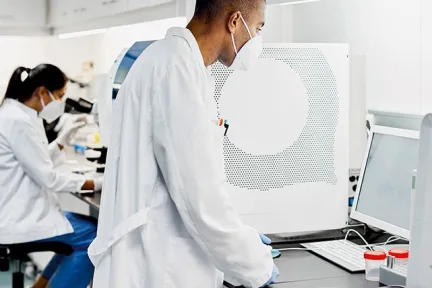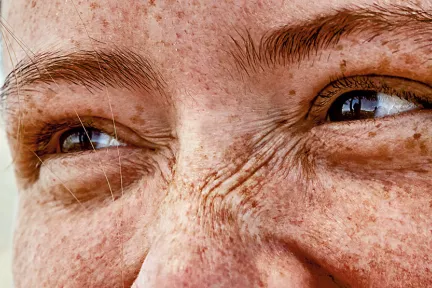COVID-19 vaccines
Dassault Systèmes’ solutions played a major part in helping to make vaccines available so rapidly. Two examples among all the studies.
Producing usable scientific information
The Migal Galilee Research Institute in Israel has been using BIOVIA solutions for four years as part of multidisciplinary research in projects to develop vaccines against avian coronavirus. When COVID-19 became a pandemic, this university research center – specializing in plant science, precision agriculture, environmental sciences, information technology, nutrition and biotechnology – started using these applications and calculation tools to study mutations in COVID-19.
The Institute uses a digital approach to managing experiments. Researchers can quickly analyze data collected over the last four years and model the behavior of viral proteins. Using this method, they can better understand new trial results with reference to previous research, and decide which strategies to use in future.
More specifically, the BIOVIA Pipeline Pilot solution with its machine learning capabilities can streamline the research innovation cycle by supporting the rapid deployment of data science workflows, accelerating the production of usable scientific information. At the same time, BIOVIA Discovery Studio offers comprehensive modeling and simulation techniques that allow scientists to explore the nuances of protein chemistry, helping them discover and develop therapies based on large and small molecules.
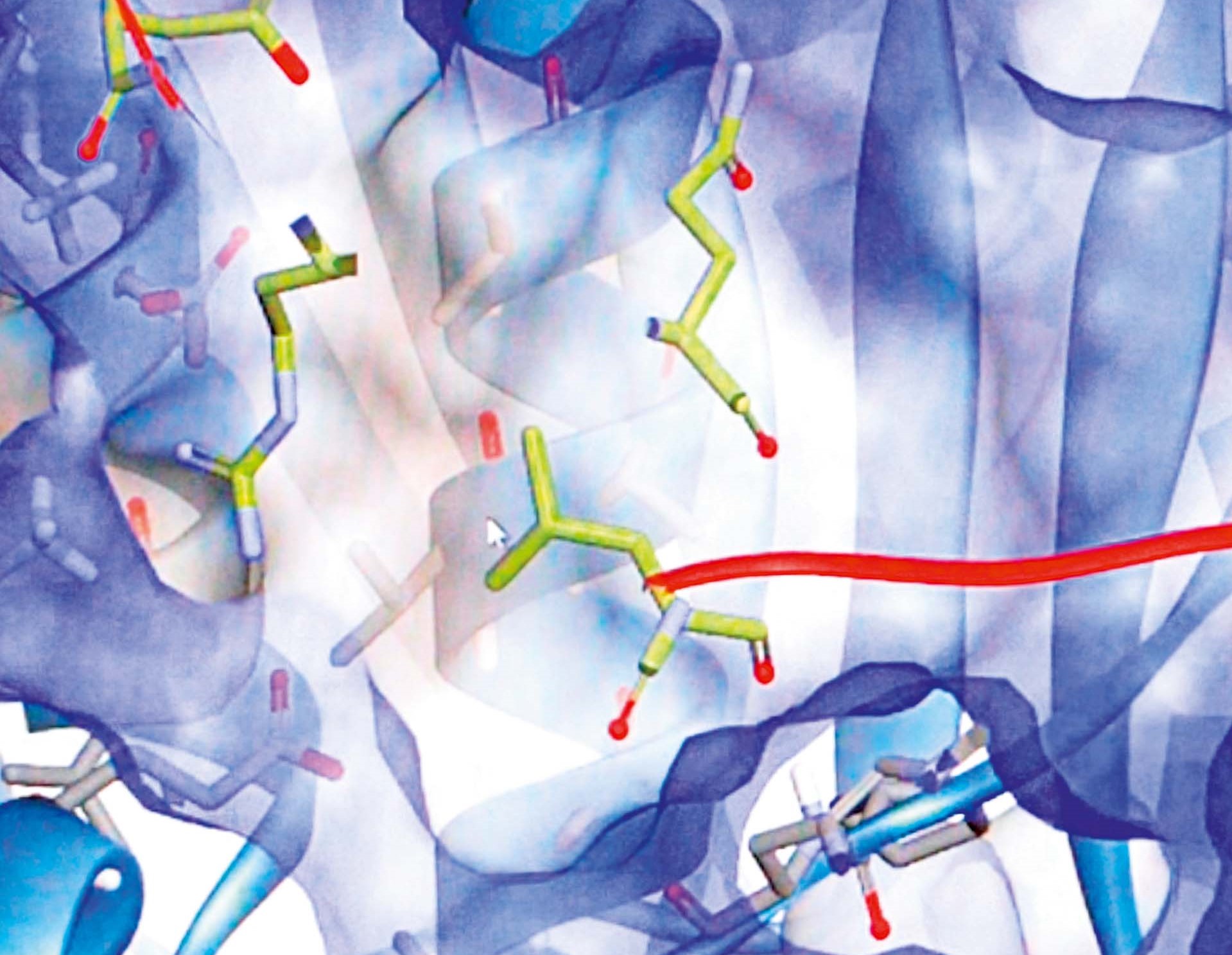
We are using BIOVIA Discovery Studio and Pipeline Pilot to extend our research and enrich our IT tools.
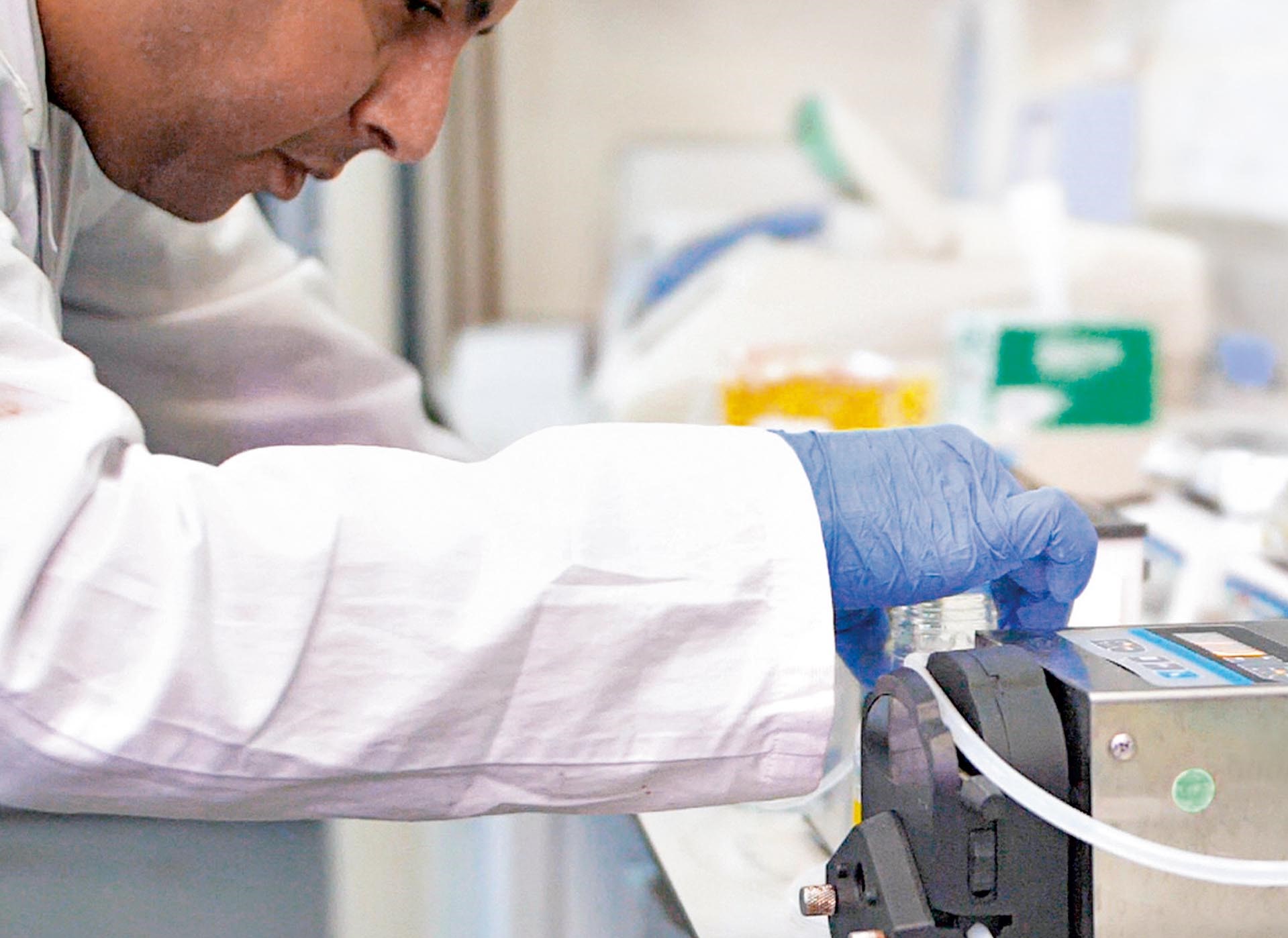
Data captured by patients
When carrying out trials on its messenger RNA COVID-19 vaccine, Moderna used MEDIDATA’s Rave Clinical Cloud platform. Working with the urgency required to address the global pandemic, Moderna’s teams used MEDIDATA’s cloud platform across the various stages of development. The clinical trial is one of the largest ever to integrate data captured directly by patients, which meant that attendance at medical centers was reduced.
In addition, virtualization allowed participants to use their own devices, avoiding the need to carry a device provided by the medical team. Moderna has used several of the Rave platform’s technologies, including Rave EDC for electronic data capture, Rave eCOA for the electronic assessment of clinical results, and Rave Detect for centralized statistical analysis.
Using these methods, future clinical trials will maximize patients’ chances of quickly obtaining a revolutionary and successful therapeutic solution. Because in the end, all of these advances are pursuing the same objective: improving the patient pathway in terms of medical treatment, whatever it may be, but also surgery and prosthetics.
People likely to be enrolled in longitudinal COVID-19 studies in the United States
Patients have taken part in Phase III trials of Moderna’s COVID-19 vaccine

